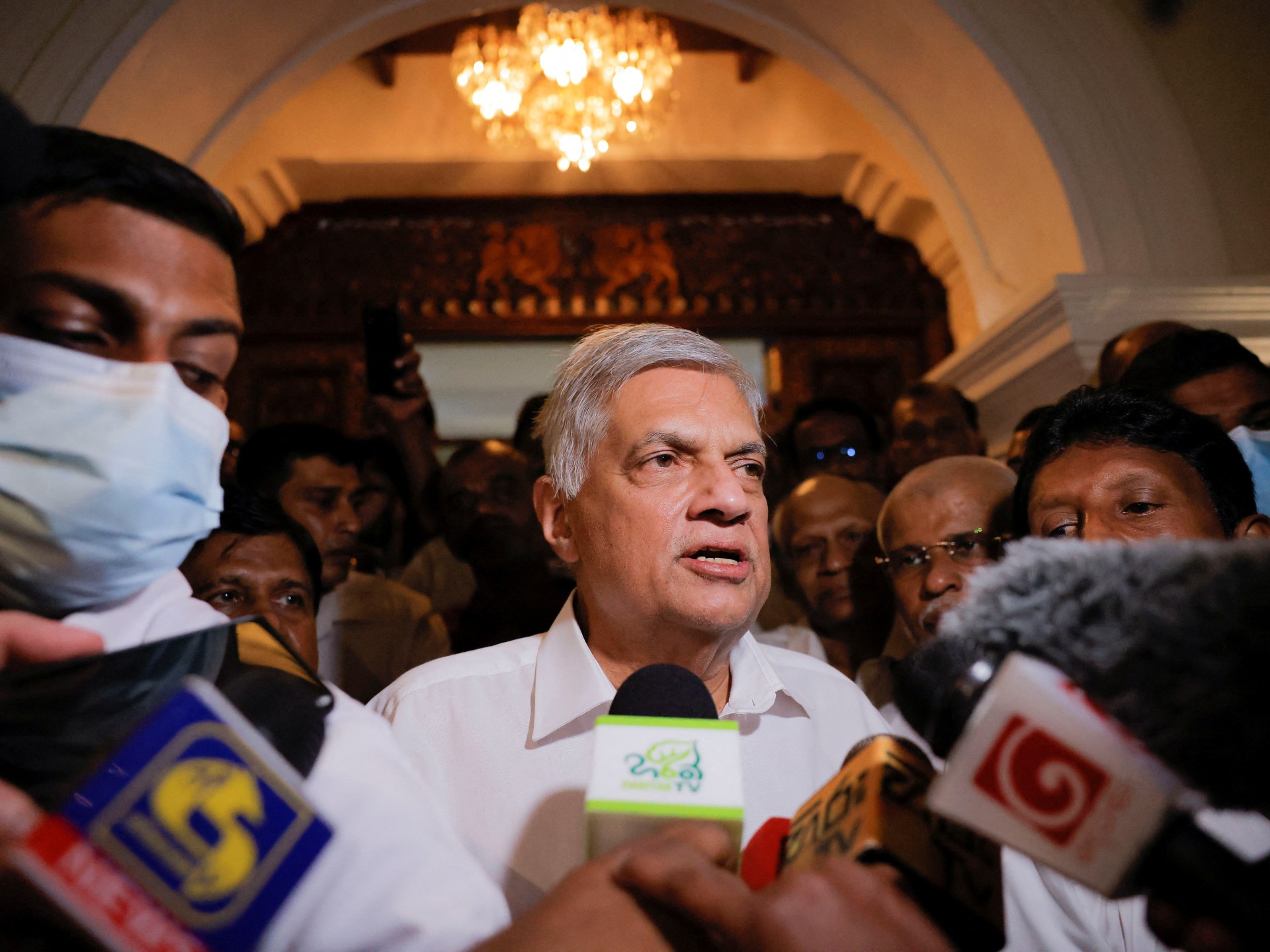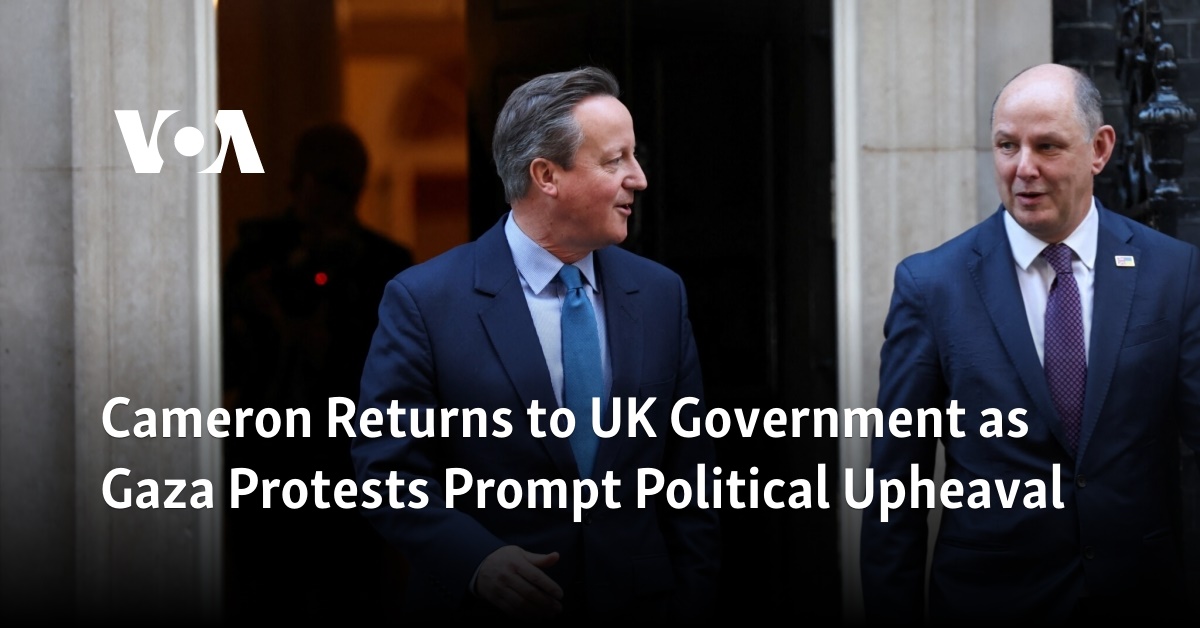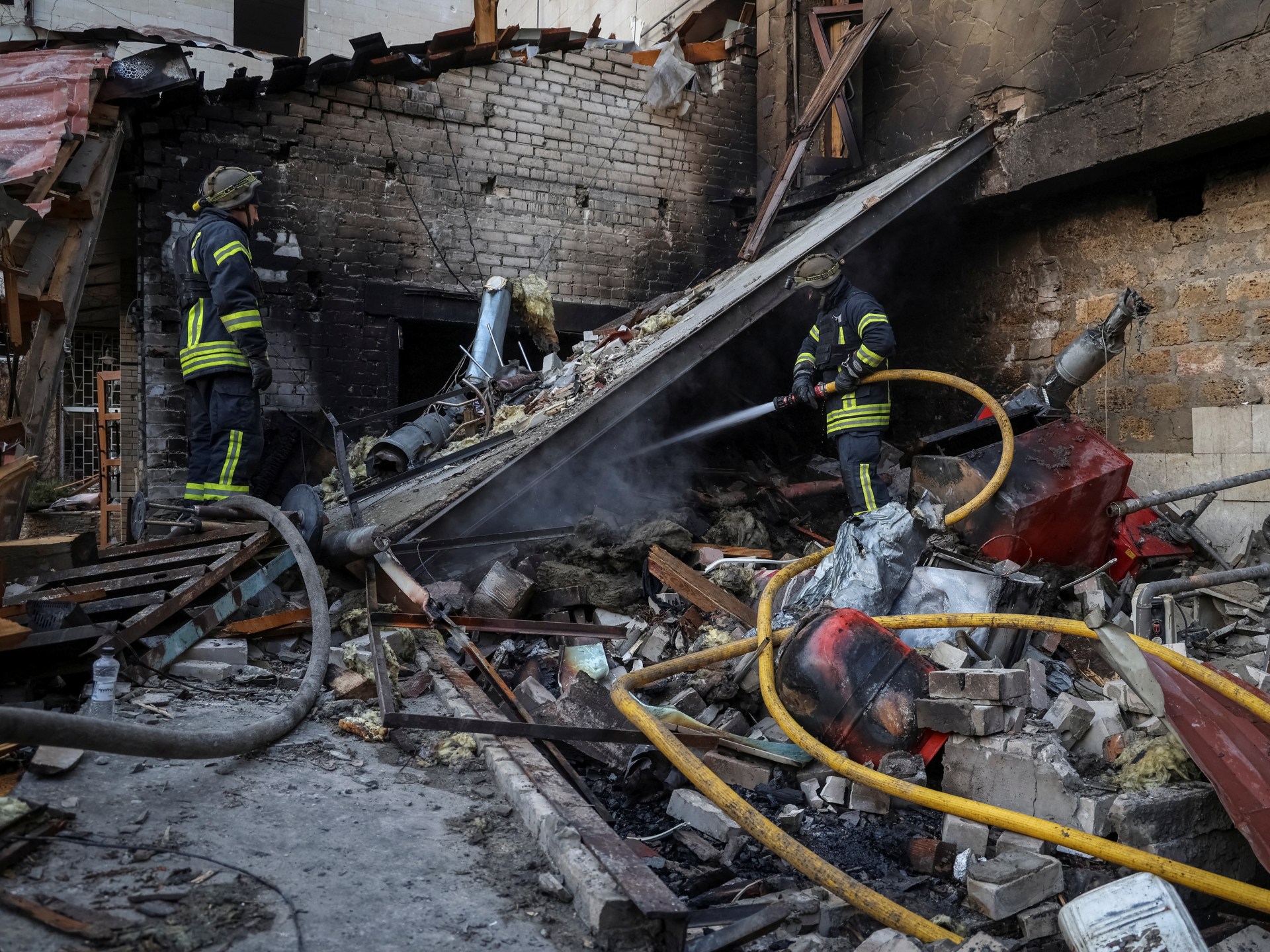
Sri Lanka’s parliament has passed a hastily proposed bill to regulate online content, sparking criticism from human rights groups and opposition politicians that the government is trying to crack down on dissent and stifle freedom of expression ahead of parliamentary and presidential elections this year.
The measure was approved on Wednesday with a vote of 108 to 62, the speaker announced.
Under the Online Safety Law, content creators found to contain “illegal” material by a five-member commission will be punished with prison sentences. Additionally, it holds companies like Google, Facebook and X responsible for the content published on their platforms.
president Ranil Wickremesinghes The government said the bill, submitted to lawmakers just a day before Wednesday’s vote, aims to combat cybercrime, including child abuse, data theft and online fraud.
The country recorded 8,000 cybercrimes last year, said Public Security Minister Tiran Alles, who denied the legislation would harm freedom of expression.
“It’s not about suppressing the media or the opposition. … Every complaint is dealt with by the commission, which is appointed by the president and decides how to proceed,” Alles said.
Human Rights Watch criticized the bill, warning that members of the Online Safety Commission would have arbitrary powers “to decide what online speech is ‘wrong’ or ‘harmful,’ remove content, restrict and ban internet access, and individuals and to prosecute organizations.”
Violations of the bill will be punishable by heavy fines and prison sentences of up to five years, the international human rights group said.
protests
After Wednesday’s vote, a small group of activists and opposition figures protested outside parliament.
Harsha de Silva, a lawmaker from the main opposition party Samagi Jana Balawegaya, told parliament the law was “a threat to our democracy.”
“This will have a serious negative impact on the expansion of e-commerce in Sri Lanka, create jobs for our youth and help our economy which is in dire need of growth.”
On Tuesday, as MPs began debating the bill, Eran Wickramaratne, also of Samagi Jana Balawegaya, said he did not understand why the government was in such a hurry to pass it.
“We should take more time and take a better approach to pass such significant legislation,” he said.
The Asian Internet Coalition (AIC), which includes Apple, Amazon, Google and Yahoo, warned that the bill was a “draconian system to suppress dissent” and that it “could undermine the potential growth of Sri Lanka’s digital economy.”
“We remain fully committed to our position that the Online Security Act in its current form is unimplementable and would undermine potential growth and foreign direct investment in Sri Lanka’s digital economy,” the AIC said in a statement.
revolt
Wickremesinghe came to power in 2022 after months of protests against economic turmoil and poor governance fell the previous Prime Minister and President.
Since taking the helm, he has been accused of suppressing dissent. In 2002, he declared a state of emergency, gave the military broad powers and promised to take tougher action against “troublemakers.” Several protest leaders were arrested in what critics described as a “witch hunt.”
The United Nations condemned the president’s “abuse of emergency measures” and said they would interfere with “the legitimate exercise of the right to freedom of peaceful assembly and expression.”
The Office of the United Nations High Commissioner for Human Rights also criticized a proposed counterterrorism law that would give police and military broad powers to conduct searches and arrest people.inadequate judicial control“.
Elections are expected to take place in the fall.






Recent Comments